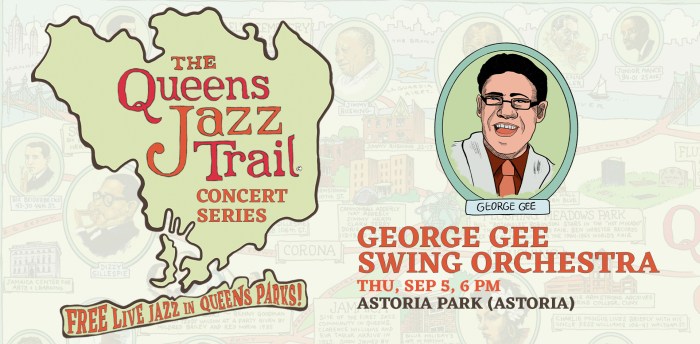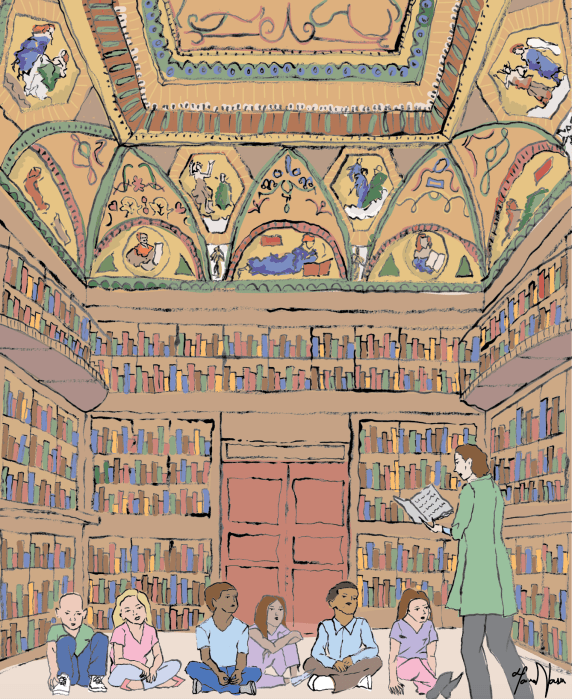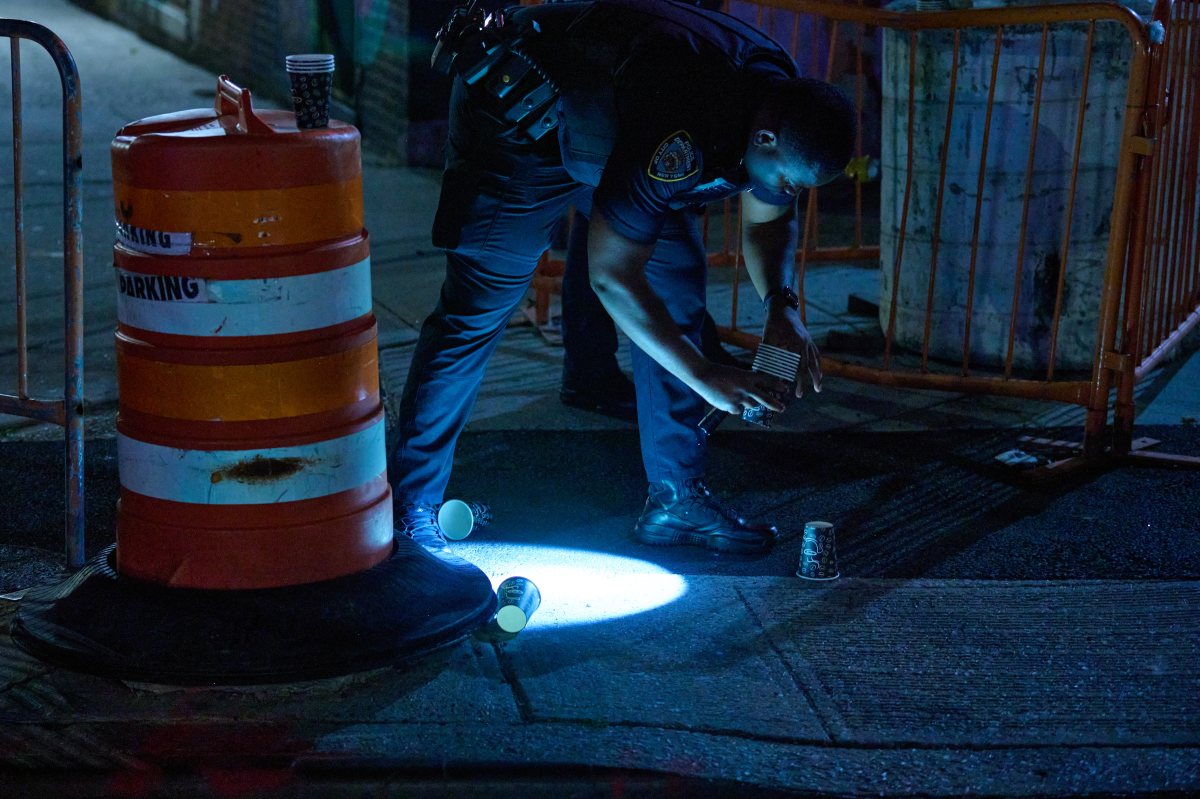Mark Rosenblum approaches his classes as “Rubik’s cube education.”
“I’m trying to get the audience to turn it and look at it from different angles,” he said. “What you can do is move people. It’s de-demonization and a humanization of the other side.”
The sides in this case are the Israelis and Palestinians. As Director of both the Jewish Studies program and Michael Harrington Center for Democratic Values and Social Change at Queens College, Rosenblum hopes that his students — who include Jews, Muslims and Christians — will ultimately get to “walk in the other side’s shoes,” he said.
The 60-year-old professor, who also serves as a negotiator in Israel, hopes to bridge the gap through classroom education as well as cultural education. The goal of the latter is to “encourage Muslim and Jewish students to experience the other’s culture with taste, sight, hearing and laughter,” he said. The program showcases Jewish and Muslim musicians, comedians, artists and kosher and halal food.
Last semester, students in one of Rosenblum’s class had to simulate being peace negotiators after hearing from real negotiators during the first five weeks of the semester. Students, who are balanced between Jews, Muslims, Christians and local high school teachers, don’t get to advocate for the side they identify with, they have to speak for the opposite party.
“They are required to develop an understanding of the other side,” the Professor said. “We have a little bit of role reversal and walking in each others’ shoes.”
Steven Appel, who has taken Rosenblum four times and acted as one of his teacher’s assistants, said classes with Rosenblum have been a terrific experience. “He is brilliant, articulate and, above all, a genuinely good person,” said Appel, editor-in-chief of Queens College’s student newspaper.
“Professor Rosenblum has an uncanny ability to excite his students about conflict resolution and he inspired me to create a religion section in our campus newspaper, The Knight News, to promote dialogue and tolerance,” Appel continued. “His program on the Middle East and America should be a model for universities and colleges across the country.”
In fact, Rosenblum said, Queens College is the beginning of a larger goal to bring the project across the United States. “Our place seems to be a great incubator,” the professor said. “Queens College and the borough of Queens is like a large global university.”
The Larchmont, Westchester resident said that his affinity for peace is in his blood and bones. While growing up in Park Forest, Illinois, a black family trying to move in to the neighborhood was greeted by a burning cross. In response, his parents organized an interfaith movement to help the family.
“This stuff had an impact on me,” he said about his parents’ community work. “You’re Jewish identified and it’s more than just lighting candles and learning. It’s values and acting on values.”
The challenges of negotiation have become apparent over time.
The 60-year-old has learned the challenges of negotiation over time. “I hit my head against the wall and saw the obstacles,” he said. “The stuff I’m engaged in is up a mountain, not a hill. I have not closed the book, I don’t see failure.”
Rosenblum, who anticipates his 40th year at Queens College, knows the limits of his teaching. “I’m pretty humble, I’m not training the next round of negotiators,” he said. “I’ve repackaged an old idea of people in the best educational circumstances learning to understand each other. What I tend to do in my education exercises is say this is more complicated than you thought.”
































